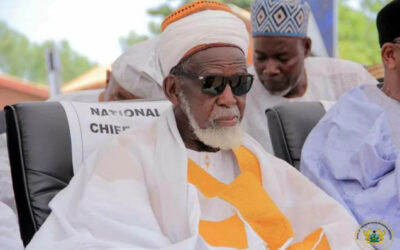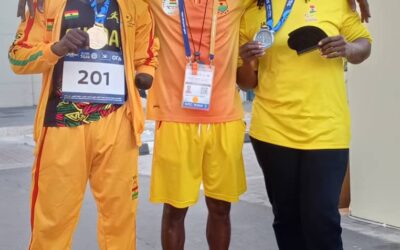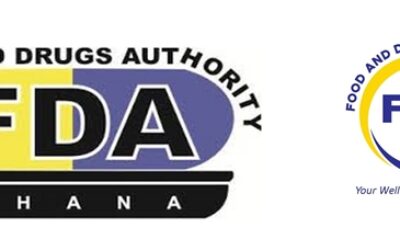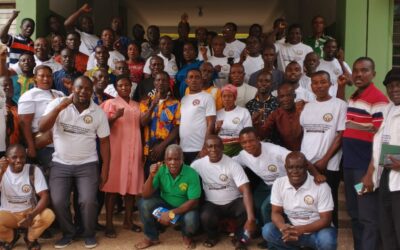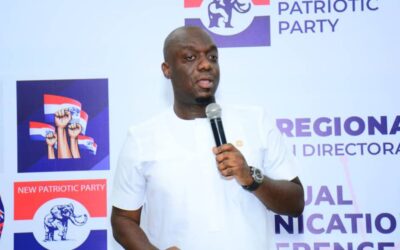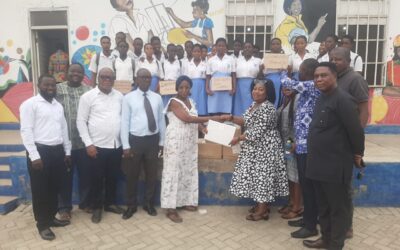By: Dr Enoch Kusi-Yeboah
The study was motivated by reports indicating a decline in the mining sector’s productivity. The McKinsey Productivity Index (2020) reported a 28% drop in performance over a decade, and the World Bank (2020) highlighted an annual decline of 3.5%. Similar trends were observed in leading mining economies like South Africa, Burkina Faso, and Ghana. Factors such as erratic power supply, logistical bottlenecks, regulatory uncertainties, and illegal mining were identified as major contributors to the decline. Despite these challenges, Ghana’s mining sector has one of the most culturally diverse workforces, with over 75% of mining firms being foreign owned. This raised questions about how cultural diversity influences team performance and cohesion.



Interviews with industry professionals confirmed the importance of cultural diversity in team formation. Experts from Ghana Manganese Company Limited, Minerals Commission, Rabotec Ghana Limited, Anglogold Ashanti Iduapriem Mine and MetsoOutotec Ghana Limited indicated that teams are formed with diversity in mind to enhance knowledge-sharing. However, some employees preferred working in homogeneous teams, raising concerns about whether deep-level diversity (cognitive abilities, personality traits, values, and beliefs) affects team cohesion and performance. Prior studies suggested that diversity could be both beneficial and detrimental, making it necessary to explore its impact further in Ghana’s mining sector.
Previous research on cultural diversity has yielded mixed findings. Some studies suggest that diversity fosters creativity, innovation, and knowledge-sharing, improving team performance. Others argue that it can lead to conflicts, miscommunication, and exclusion, negatively impacting performance. Most existing studies have focused on surface-level diversity (age, gender, ethnicity), while deep-level diversity remains underexplored. Furthermore, the moderating role of team cohesion in the relationship between cultural diversity and performance has not been adequately examined in Ghana’s mining sector.
The study aimed to investigate whether cultural diversity influences team performance, with team cohesion acting as a moderator. It focused on five deep-level diversity dimensions: cognitive ability (CA), personality traits (PT), personal values (PV), personal beliefs (PB), and individual attitudes (IA). The research was grounded in social identity theory and employed a positivist epistemology, a quantitative approach, and an explanatory research design. Initially, 25 hypotheses were developed, but after factor analysis, they were refined to nine and tested using hierarchical linear regression.
The results showed that Cognitive ability (CA) had no significant influence on either team performance (TP) or team cohesion (TC). Personality traits (PT) and a combined factor (TO) including personal values (PV), individual attitudes (IA), and personal beliefs (PB) had significant positive effects on TP and TC. Team cohesion (TC) significantly moderated the relationship between CA and TP, as well as PT and TP. However, it did not significantly moderate the relationship between TO and TP.

The study recommends that project managers should place minimal emphasis on individual cognitive ability when forming teams. Members who independently develop complex ideas, adapt quickly, and work autonomously are often self-centred, which can negatively impact team cohesion. To counter this, managers should blend such individuals with team members who are sociable, emotionally stable, and team oriented. Additionally, the study finds that while cognitive ability alone does not directly improve team performance, it can contribute positively if team cohesion is present. Therefore, project managers should focus on fostering cohesion among high-cognitive-ability individuals to ensure they work towards team goals rather than individual achievements.
Individual personality traits significantly influence team cohesion. Members who are self-disciplined, sympathetic, responsible, and emotionally stable tend to form stronger bonds and develop a sense of belongingness, ultimately improving team unity. The study suggests that project managers should prioritize these traits when forming teams to enhance cohesion and performance. Moreover, team cohesion plays a crucial role in linking personality traits to team performance. When team members with similar traits become cohesive, the overall performance of the team improves. Therefore, project managers should actively promote cohesion in such teams to maximize their effectiveness.
The study finds that individual team orientation, defined by shared values, beliefs, and attitudes, positively affects team cohesion. Members who feel mentally ready to achieve team goals and value equality exhibit higher levels of cooperation and unity. As a result, project managers should consider these attributes when forming teams to strengthen cohesion and performance. However, team cohesion does not significantly moderate the relationship between team orientation and performance. Teams with strong shared orientation naturally perform well without necessarily needing cohesion as a driving factor. Despite this, the study recommends that project managers still foster a sense of belongingness and cooperation to further enhance performance.
The study emphasises that team cohesion is a critical factor in improving team performance. When teams are built with cohesion in mind—balancing cognitive ability, personality traits, and team orientation—performance levels increase. Project managers should ensure that team members feel mutually committed, socially connected, and motivated to work together toward common goals. Project managers in Ghana’s mining sector should focus on fostering team cohesion, particularly in teams with members who are highly cognitive, share similar personality traits, or have strong team orientation.
By ensuring that members develop a sense of belongingness and commitment, teams can achieve higher performance, ultimately making mining firms more competitive.








